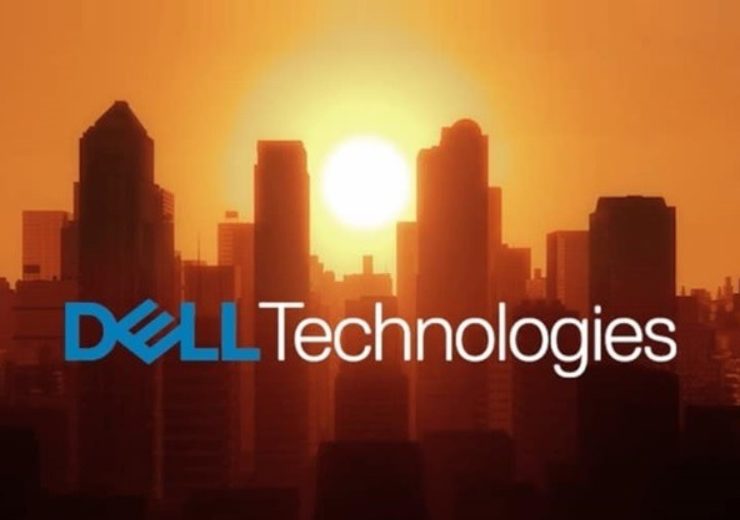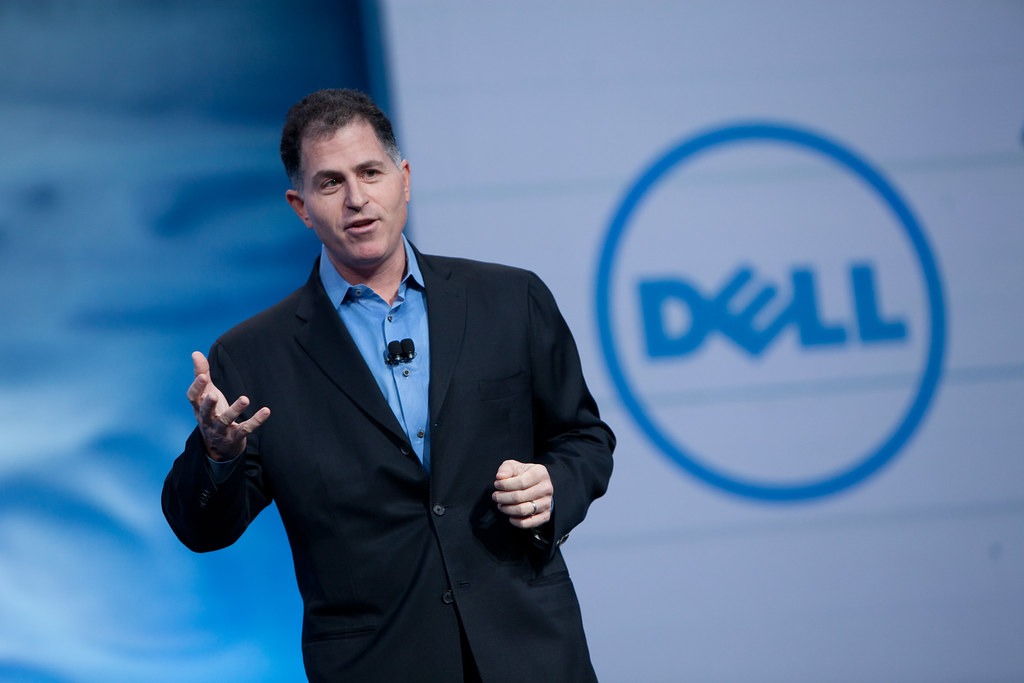Dell has committed to 50-50 gender representation and pledged to recycle a similar product for every item it sells

Dell Technologies wants to create a positive social, economic and health impact for one billion people by 2030 (Credit: Dell Technologies)
Fully recycled packaging, cutting factory emissions and a more diverse workforce are among Dell Technologies’ “moonshot goals” for propelling its social impact over the next decade.
The tech giant announced a series of new sustainability and diversity targets it wants to reach by 2030 today (12 November), claiming these could have a “measurable positive impact” for one billion people – alongside every Dell employee, customer and product.
The strategy is the lynchpin of the company’s 2030 Progress Made Real plan, which it says is grounded in the belief that technology and data combined with human spirit can be a positive force in the world.
Founder and CEO Michael Dell said: “Unlocking the power of data will advance humanity more than any other force over the next decade.

“We are committed to making that power broadly available to communities around the world, so we can all move forward together.”
What are Dell Technologies’ social impact goals for 2030?
Over the next decade, Dell said it wants to use its global scale, broad technology portfolio and expertise to yield meaningful and measurable impact on society and the planet.
Its commitments include recycling an equivalent product for every item a customer buys, leading the circular economy – a concept in which goods are designed with the intention of being reused continuously – with more than half all products are made from recycled or renewable material, and using 100% recycled or renewable materials in all packaging.
The company has set environmental goals across all its labs, offices, factories and shops, as well as the supply chain and other operations, with the aim of reducing greenhouse gas emissions by 60% per unit revenue by 2030.
Dell has committed to a 50-50 gender representation across its workforce, with women expected to account for 40% of management roles by the end of the next decade.
It also wants African-American and Hispanic staff to account for 25% of its US workforce and 15% of people managers.
To help achieve this diversity goal, the company said it will educate 95% of staff on an annual basis about unconscious bias, harassment, micro-aggressions and privilege.
Outside the company, Dell pledged to “advance the health, education and economic opportunity of one billion people”.
It will help to digitally transform 1,000 non-profit organisations worldwide and ensure 75% of staff take part in charitable and volunteer activities in their communities.
Ethics are also part of Dell Technologies’ social impact goals
Ethics and privacy are a key part of Dell’s corporate and social impact strategies and are essential to executing the 2030 goals, it admitted.
The company will fully automate data control processes to make it easier for customers to access, delete or share their personal data.
Digital tools used by staff and partners will also provide data insights to measure and monitor compliance issues.
In addition to seeking customer input when compiling the social impact strategy, the company engaged third parties, considered the UN’s Sustainable Development Goals and Business Roundtable’s Statement on the Purpose of a Corporation.
Dell also surveyed staff to assess the most critical issues and opportunities they see in their work and the world.
Karen Quintos, chief customer officer at Dell Technologies, said: “We have a great responsibility to apply the full power of Dell Technologies to transform lives and society.
“By combining our technology portfolio, global scale, team member talent and customer partnerships, we can drive significant positive impact.
“Our 2030 agenda is comprehensive and deeply embedded across the business.
“The moonshot goals stretch us to go far beyond incremental change.
“In some cases, we’re still working to uncover how we’ll get there – but we know that significant change and innovation starts with deep commitment.”


